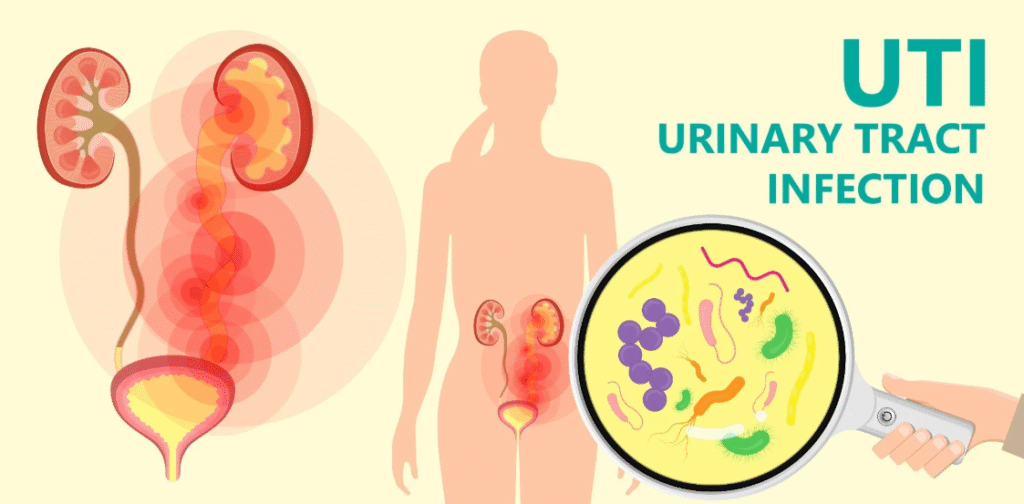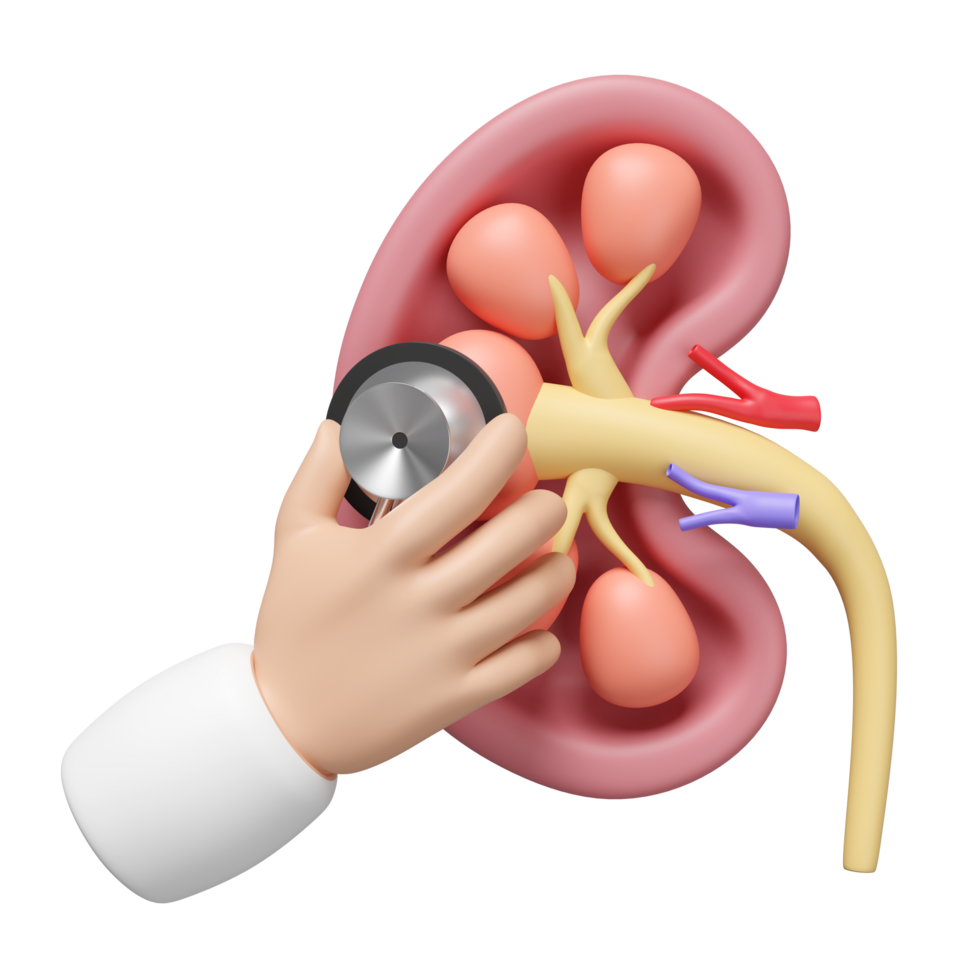
What is a Urinary Tract infection?
Any bacterial infection that affects the kidneys, ureters, bladder, or urethra is known as a urinary tract infection (UTI). The most prevalent kind of infection is a bladder infection. UTIs are frequently caused by sexual activity, high blood sugar, menopause, pregnancy, kidney stones, an enlarged prostate, or issues with your body’s ability to fight off illness or disease. Additionally, those who have had certain surgeries, been on bed rest, or had a urinary catheter are more likely to get UTIs. Although UTIs can affect anyone of any age or gender, women are far more likely to have them. According to studies, 60% of women will experience a UTI at some point in their lives. Additionally, 20% to 40% of women will experience a recurrent infection. However, there are strategies to avoid getting a UTI.

How Can You Prevent a UTI?
Our bodies are home to bacteria, which frequently enter our bladder. Urine is frequently used to flush away bacteria, which may prevent them from producing UTI symptoms. You can lower your risk of contracting a UTI. Here are some pointers: To stay well hydrated and aid in the removal of bacteria, drink water every day. Go frequently by having soft bowel motions every day and urinating every three to four hours. Wipe from front to back after urinating. Consult your doctor before using birth control methods that are known to increase a woman’s risk of UTIs, such as diaphragms and spermicidal foam.
When Should I Contact a Doctor?
Some persons may have symptoms that point to a urinary tract infection. Consult your physician if you have: pee that is murky, bloody, and/or foul-smelling; pain or burning when passing pee; or pain in the lower back, pelvis, or bladder; or an urge to pass urine frequently, even when your bladder is empty

How are UTIs Treated?
Are there Tips for Recurrent UTIs?
If you acquire more than three UTIs in a year, it’s considered recurring. UTIs frequently recur if they are not completely treated. After a few doses of antibiotics, pain and the urge to urinate may subside; nevertheless, even if you feel better, you should still take the entire course of medication. To aid in your recovery, you should also consume a lot of water.
Do…
- Follow your doctor’s advice on treatment
- Take medicine at scheduled times and take all of it, even after you feel better
- Drink plenty of liquids while taking antibiotics
- Contact your doctor if you don’t better in a couple of days.
- They may want to try some other treatment or order more tests
- Discuss prevention strategies with your doctor
- Skip a dose of your medicine as each dose is needed to get better
- Stop taking your medicine just because you start feeling better
- Take antibiotics prescribed for someone else
- Save any medicine for the next time you are ill
- Get constipated
Why Choose Us?
Symptoms of UTI:
- Strong, persistent urge to urinate
- Burning sensation while urinating
- Passing frequent, small amounts of urine
- Cloudy or strong-smelling urine
- Blood in urine (pink, red, or dark-colored urine)
- Pelvic pain (in women), especially around the pubic bone
- Fever or chills (may indicate a kidney infection)
Causes:
- Bacteria entering the urinary tract (often from the digestive tract)
- Sexual activity
- Poor hygiene
- Holding urine for too long
- Certain contraceptives (like spermicides)
- Menopause (due to hormonal changes)
- Conditions like diabetes, kidney stones, or an enlarged prostate
Types of UTIs:
- Cystitis (Bladder infection): Causes pelvic pressure, discomfort, and frequent urination.
- Urethritis (Urethra infection): Causes burning sensation while urinating.
- Pyelonephritis (Kidney infection): Causes fever, chills, back pain, and nausea.
Diagnosis:
- Urinalysis: Checks for white blood cells, red blood cells, and bacteria in urine.
- Urine culture: Identifies the specific bacteria causing the infection.
Treatment:
- Antibiotics: Commonly prescribed drugs include Nitrofurantoin, Trimethoprim/Sulfamethoxazole, or Ciprofloxacin.
- Pain relief: Medications like Phenazopyridine can help relieve discomfort.
- Hydration: Drink plenty of water to flush out bacteria.
- Cranberry juice (optional): May help prevent bacteria from sticking to the urinary tract, though its effectiveness is debated.

